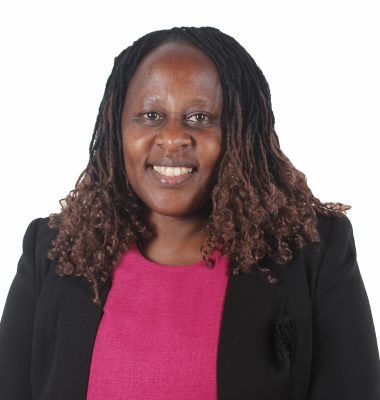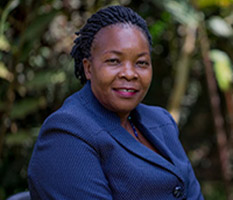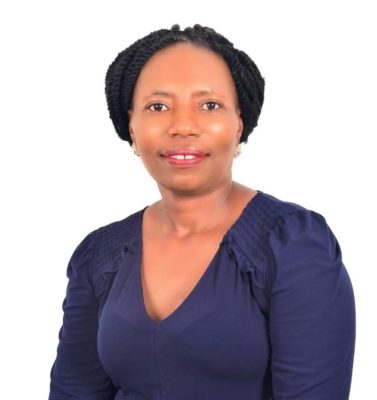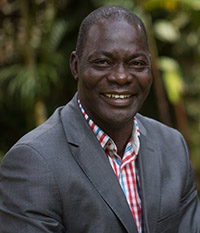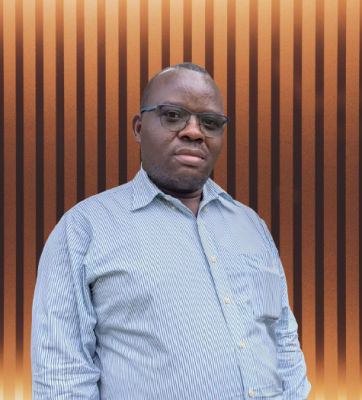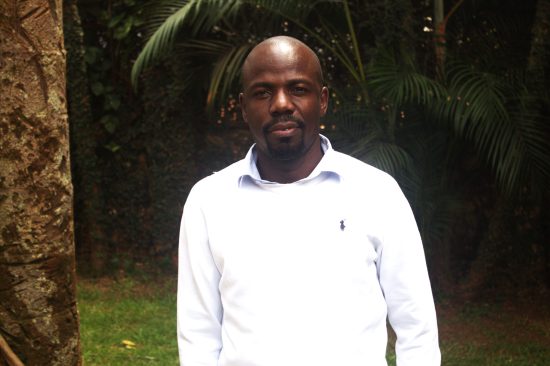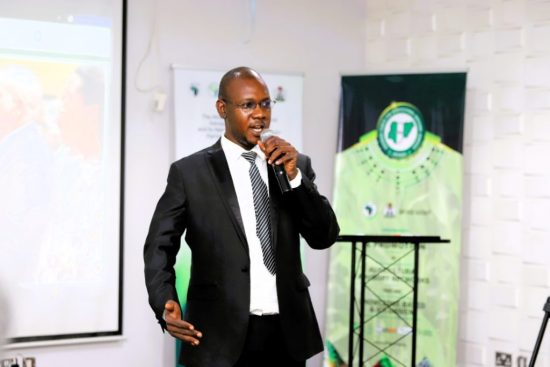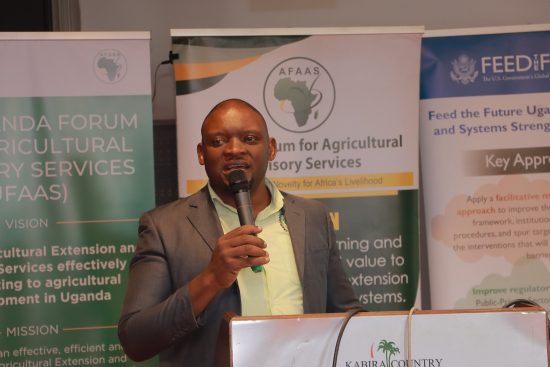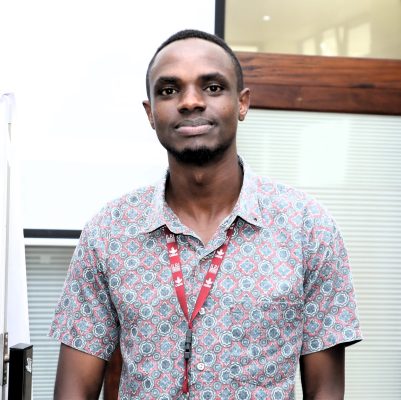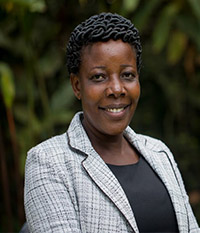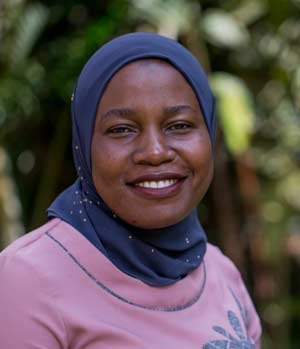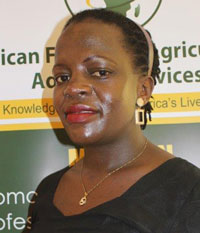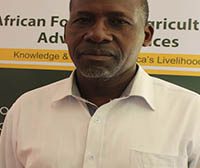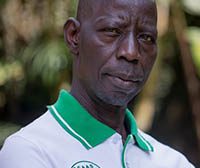DIRECTORS
HEADS OF UNITS
PROGRAM STAFF
FINANCE AND ADMINISTRATIVE STAFF
SUPPORT STAFF
AFAAS’ mandate is to spearhead issues related to agricultural extension and advisory services (AEAS) within the continent and provide linkages with global level AEAS institutions. In this regard some staff positions are sourced Africa-wide and others locally from the hosting country, currently Uganda. The decision as to where the staff is to be sourced depends on the nature of the role, the availability of the particular expertise required within the various parts of the region, funding available and the necessity of instilling a regional character within the Secretariat. In addition, due to the rich expertise available at Regional and Country Fora (CF) level, some staff/expertise are obtained on full time or on part time basis, to fill up some positions as may be required on contract or as teleworkers.
Accordingly, AFAAS employs two broad categories of staff: Continental Staff and Local Staff.
- Continental Staff are sourced from across Africa, including the host country, and are approved by the Board, these include the ED, heads of units and those on specialised projects
- Local Staff are sourced from within the host country, and their appointments is approved by the Executive Director.
Current staffing
Though the core AFAAS Secretariat staffing levels are currently low, a number of mechanisms to bridge the capacity gaps have been put in place to bolster expertise and skills as needed to execute its mission and goal.

